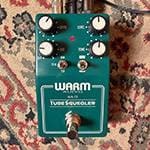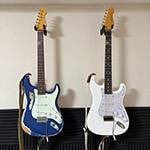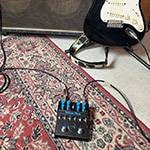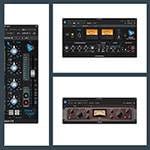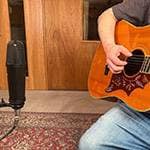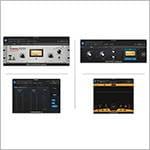Hello.
I'm Mieno, the bass player in the Hammond organ trio “Banana Needle”.
When we practice, we always hit some “wall”.
I was born in the Showa-era, and in that era, people are like we should overcome a “wall” with spirit and guts, but what do you think about relying on your equipment when you want to overcome a “wall”?
I'm the type who's all for it.
You can't get fretless sounds on a fretted bass, and
you can't get the metallic slap sound on a fretless bass.
By the way, my first main bass was a powerful active instrument called the G&L L2000, which I persuaded my parents to buy for me.
It was a great instrument with powerful pickups that really pushed the sound forward.
Thanks to this, even with my weak right-hand picking when I first started playing the bass, it sounded really good, and I often got compliments like “That sounds good!
It's nice to be complemented, and that makes you want to practice more, right?
Because I was using such an instrument, when I was 20 years old and I was allowed to play a passive Jazz Bass at a music store, I didn't think my picking was weak, but I thought “what a weak-sounding instrument”.
Everyone uses Fender, but I wondered why... Well, there was also the part of me that thought I didn't need to use it, but when I was over 30 years old, I started using a Fender Jazz Bass for the first time, and I was able to strongly feel that it was the fundamental tone that was considered to be a “good sound” in the ensemble.
From there, I had a hard time trying to fix my right-hand habits...
After all, you can't understand an instrument until you try it out.
And depending on the instrument you use, you can develop all sorts of “habits”.
Oh yeah, once upon a time, there was a young man who was trying his best to get closer to the slap sound he had heard.
No matter how hard he tried, or how much he messed around with the equalizer, he couldn't get past the level of “it's kind of like it, but...”.
Then one day, I tried playing a musical instrument made by a company called Kensmith...
“It makes that sound just like it does!”
I was so impressed.
I still remember the feel of it and the emotion I had.
It was like the strength was slipping out of my right hand, which had been slapping the instrument with all its might.
By the way, when listening to music from overseas, you often come across players who use instruments with a distinctive character.
The instruments made by long-established manufacturers have a distinctive sound that is unique to that manufacturer.
When you listen to old recordings, you can hear the distinctive sound of the instruments because they were recorded in the studio "on a count of three" and not much editing was done.
FYI, I've heard that because Jaco Pastorius was there, musicians of the time like Marcus Miller, Will Lee, and Anthony Jackson were all exploring their own playing styles.
Marcus used a Fender, but he modified it into an active bass with a Sadowsky and played slap.
Will Lee used a Sadowsky after his beloved bass from that time was destroyed in a fire.
Anthony played a Fodera 6-string with a pick and a phaser,
Pino Palladino used a Music Man fretless bass and a Precision bass,
Chuck Rainey played his Specter with an alternate picking technique using his index finger
and so on.
Even just thinking of them off the top of my head, I can think of their very distinctive, trademark instruments!
In an era that demanded such a character, I think that the manufacturers that came after Fender worked hard to differentiate themselves from Fender and to show what Fender didn't have.
In this context, the question that often comes up is
"Why can only Fender produce the Fender sound?
When you think about it, it makes sense, doesn't it?
Of course, I think that each manufacturer has a lot of respect for Fender, but if they made the same sound, they wouldn't sell.
If it's said “If you buy a Fodera, it will sound like a Fender!”, then people would just buy a Fender, wouldn't they?
In the same way, people often say “If you narrow down the back of a Jazz Bass knob, it will sound like a Precision Bass”.
No, no, it's the sound of the front of the Jazz Bass!
I think people who have played both the Jazz Bass and the Precision Bass will feel like that.
Making the sound of a humbucker with a single coil kind of thing, also sounds very artificial to me.
It’s just a personal feeling, so I don’t want to suggest anything to those who are satisfied. But in person, I feel that I can’t understand the sound until I play all through.
From what I've said so far,
We now have to buy them below lol.
- fretless bass
- fretted bass
- Fender PB JB
- Sadowsky
- Ken Smith
- Fodera
- Specter
- Music Man
All joking aside, you can't really tell what the concept is for each manufacturer or instrument until you've tried it out for a while, and there are lots of things you notice when you're using it.
In this day and age, if you look it up, you can find out what equipment a performer uses in no time, so you might think, “I want to make that kind of sound in that song, but the equipment is completely different...”
“I'll just use my own equipment", "I just give up because it's completely different...”
That would be such a waste!
Long musical life!
Let's rely on our equipment!
Instruments also affect your technique!
Doesn’t sound good on tapping…
Tapping barely sounds…
and so on. There are lots of problems that can be solved with the right equipment!
As for slapping, instruments with more than 22 frets or those with a pickup at the neck end are a little difficult to play because it's hard to get your index finger under the strings.
If you use an active (battery-powered) unit, it's easy to get a loud sound from the amp.
Sire/ V7 5ST Alder Lake Placid Blue 2nd Generation
The manufacturer is supervised by the king of slapping!
FYI, the fingerboard has a radius curve, but I think it's easier to do tapping and sweeping on a flat fingerboard with less radius and less roundness.
You can't tell about the fingerboard radius until you try it, but I get the impression that Ibanez's are relatively less rounded.
Ibanez / EHB1005SMS-EMM Headless Bass
The Ibanez SR series is recommended for people with small hands and beginners.
It is very easy to handle because it is light, the neck is thin, and the distance between the strings is narrow, so it is very easy to play fingerstyle, with a pick, tapping, and chords, but it takes a little skill to do slapping.
Ibanez / SR500E-BM Electric Bass
If you bought one when you were a beginner and found it a bit difficult to play, I think it's one option to consider another instrument.
Also, changing your equipment is really exciting!
Excitement gives you motivation, right?
FYI, changing the shielded cable, changing the manufacturer of the strings, or changing the headphones you use when practicing at home can drastically improve the sound, so please give it a try!
It might cost a lot, but it's an investment in yourself, so enjoy it!
Have a fun musical life!
See you again!
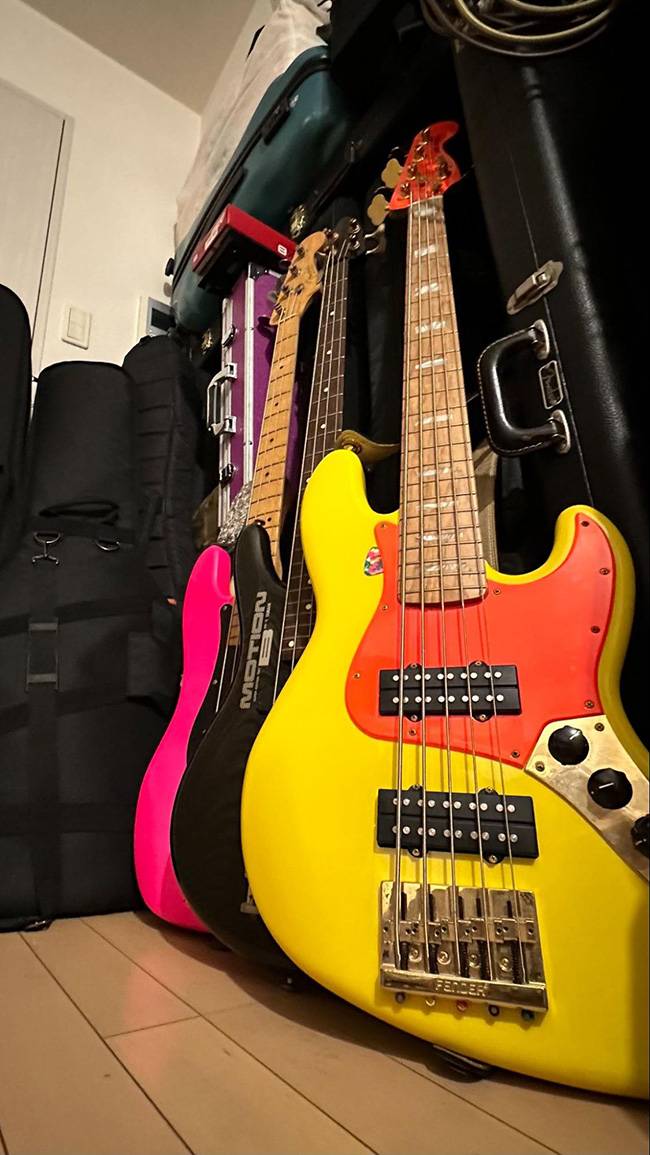
The “sound & person” column is made up of contributions from you.
For details about contributing, click here.





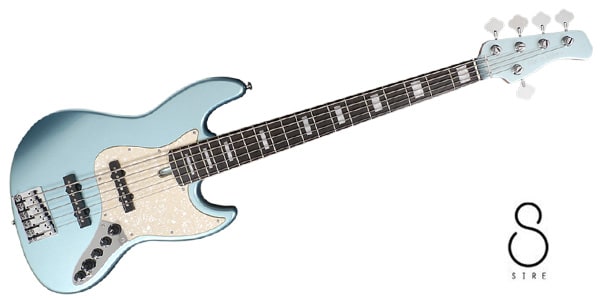
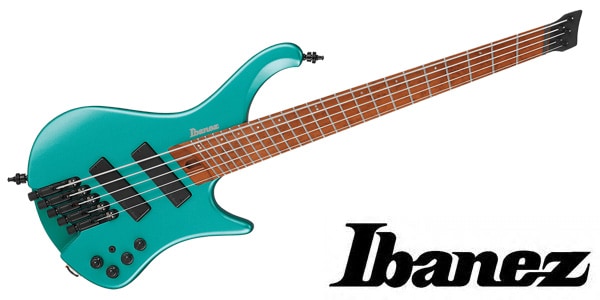
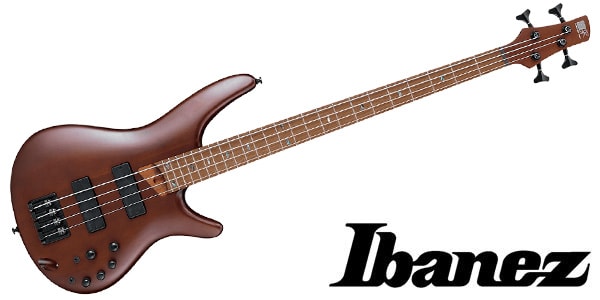



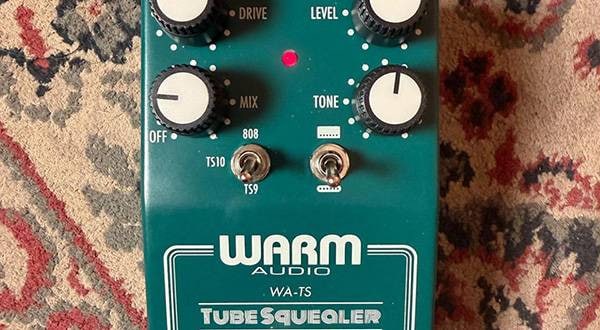
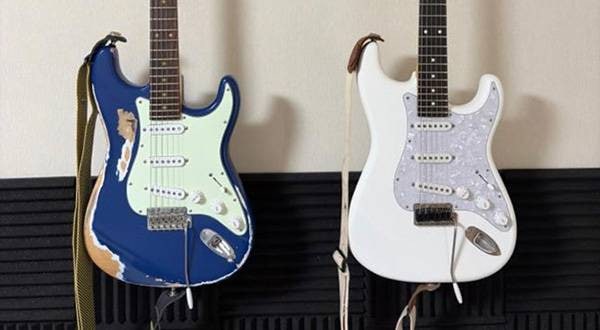
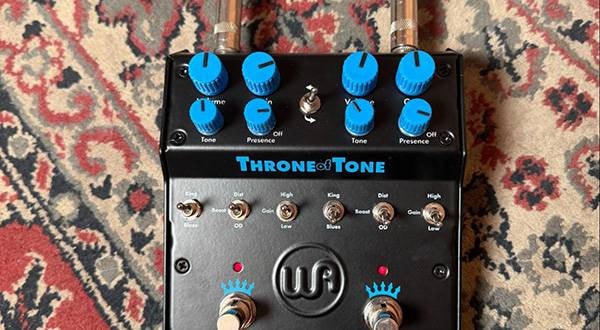
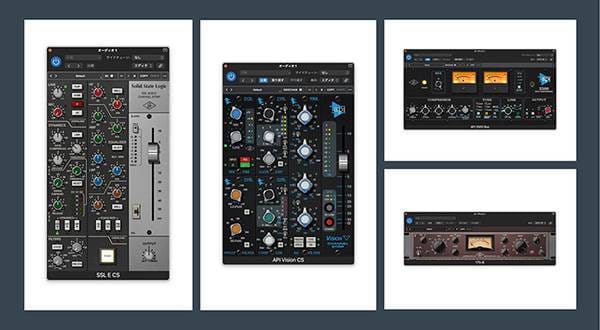
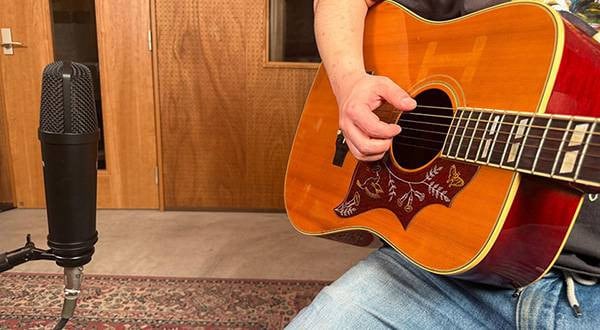
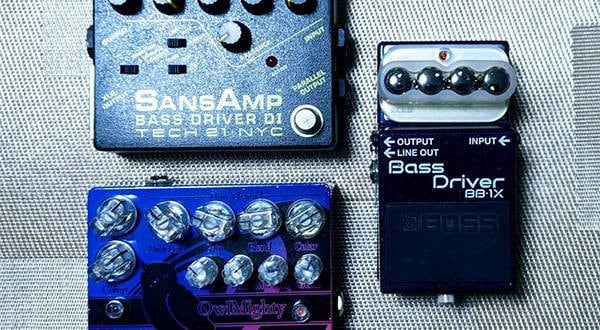
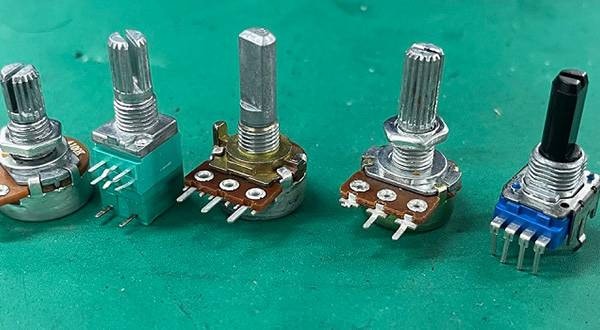
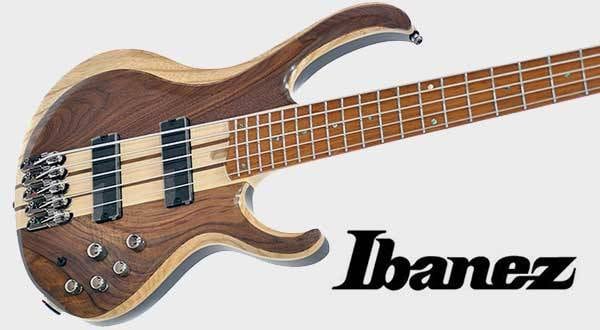
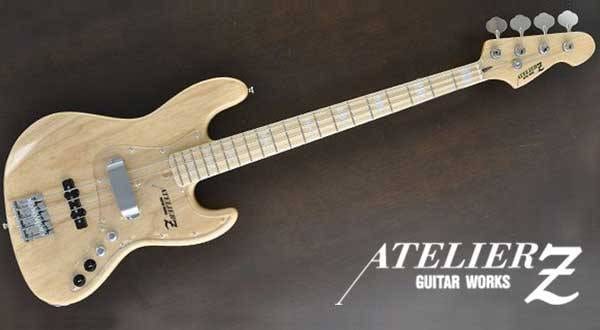
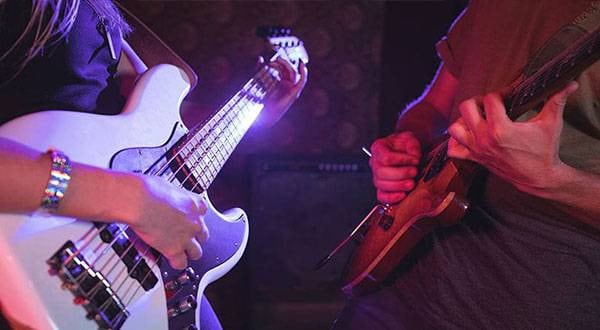
![[Body twist] Things guitarists should know about body](/contents/uploads/thumbs/5/2019/10/20191009_5_8040_1.jpg)
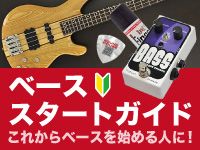 ベーススタートガイド
ベーススタートガイド
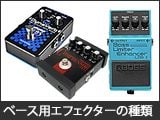 ベース用エフェクターの種類
ベース用エフェクターの種類
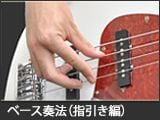 ベース奏法(指弾き編)
ベース奏法(指弾き編)
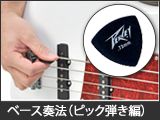 ベース奏法(ピック弾き編)
ベース奏法(ピック弾き編)
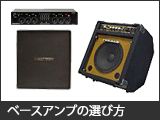 ベースアンプの選び方
ベースアンプの選び方
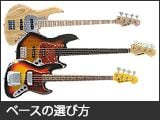 ベースの選び方
ベースの選び方
